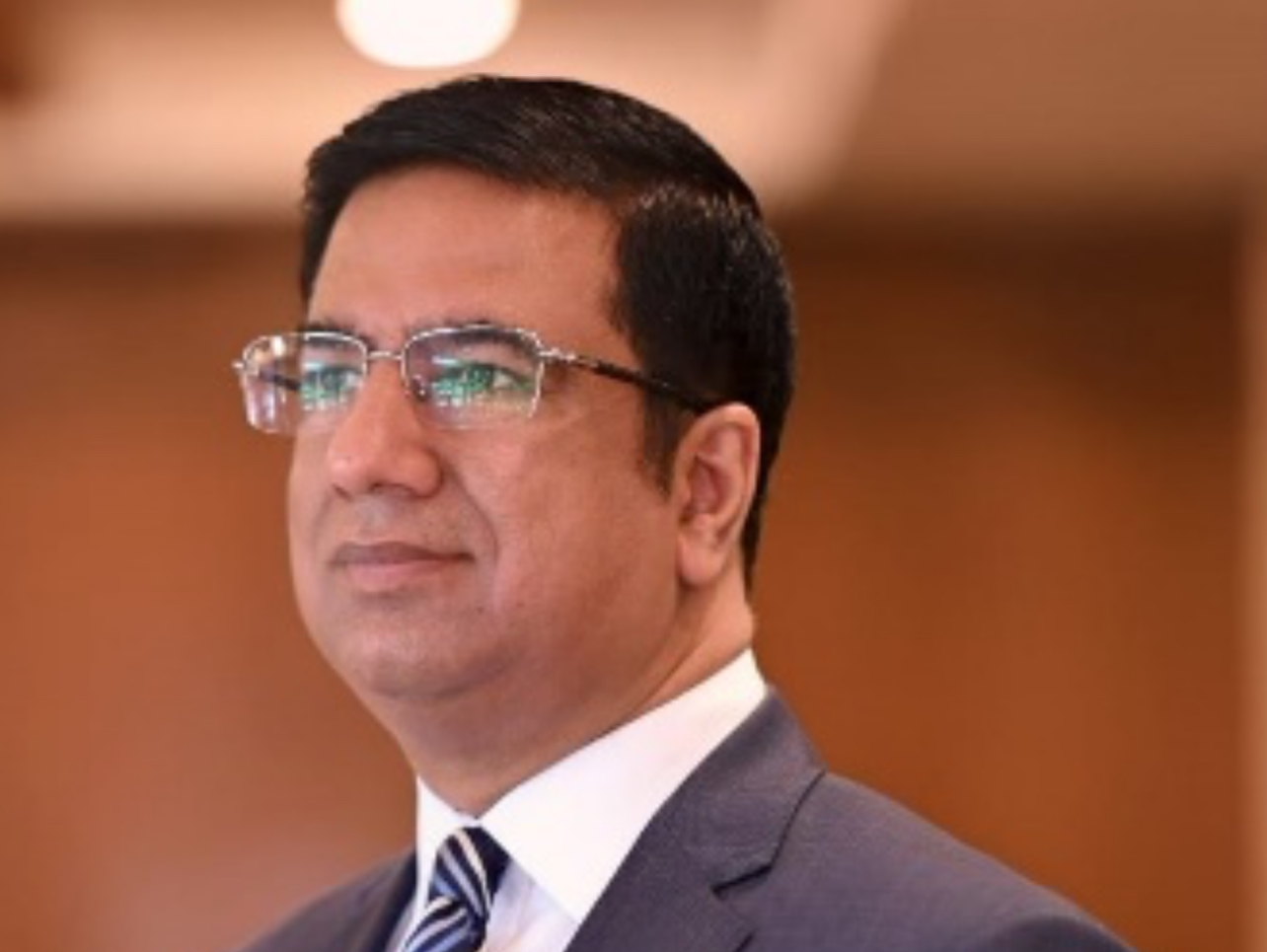Kazakhstan officially became a sovereign state on December 16th, 1991, following the adoption of the constitutional law “On State Independence of the Republic of Kazakhstan” by the Supreme Council. Since its independence, Kazakhstan has embarked on a journey of national development and nation-building. Kazakhstan has laid a solid foundation of peace and stability, emphasizing values like freedom, unity, and equality, and following the path of sustainable and inclusive progress. Kazakhstan, situated at a crossroads of diverse cultures in an era of technological advancement and global linkages, is at the forefront of progress and modernity. The government has prioritized fair distribution of benefits, socio-economic development, and the enhancement of education for citizens.
The country is leading in advancing progress and development across various fronts, including the economy, political reforms, and the promotion of diversity and global cooperation. Infrastructural advancements, foreign investments, and economic initiatives transformed Kazakhstan into an emerging economic power.
Diversification of the Economy and Investment
Kazakhstan is becoming an innovation-oriented economy, focusing on a favorable business environment, boosting investment, and increased intensity and productivity of the national economy. Kazakhstan demonstrates its dedication to fostering an environment that is friendly to investors through its well-defined investment policies.
Diversifying the economy has been a continuous effort by country leadership, following the adoption of economic plans and state programs. They are aiming to double the national economy’s volume to $450 billion by 2029, signaling a strong commitment to macroeconomic stability. The successful conduct of the Kazakhstan Global Investment Roundtable (KGIR-2023) exemplifies President Kassym Tokayev’s commitment and dedication to facilitating investment activities for majority country investors. The country is maximizing its transit potential through crucial infrastructure development, which plays a key role in unlocking the full potential of investments.
Another key aspect of Kazakhstan’s investment policies is the establishment of special economic zones and the launch of the Astana International Financial Centre (AIFC), which underscore its boost to an investor-friendly environment. The AIFC, with its vision, has become Central Asia’s preeminent finance and investment hub and has attracted a lot of both domestic and foreign investors in various fields.
Key Modernizations and Development Efforts
Kazakhstan has made significant progress in the implementation of extensive political reforms and has enriched the democratic fabric by accommodating diverse political perspectives and distributing power to elected legislative bodies. Last year, President Kassym-Jomart Tokayev conducted a nationwide referendum that led to the new amendments and additions to the Constitution. This move broadened public participation in shaping the constitutional framework and brought direct involvement of citizens in the governance structure of the nation.
Kazakhstan reaffirms its commitment to diplomatic solutions grounded in the United Nations Charter and universally recognized norms of international law and has always maintained balanced relations with all neighboring countries. Kazakhstan is playing a pivotal role in fostering international trade and cooperation between Europe and Asia. Kazakhstan’s also developing the Trans-Caspian route and the North-South Corridor, which will not only enhance internal logistics but also make the country an attractive destination for international companies seeking improved supply chain efficiencies. Kazakhstan is actively developing the Trans-Caspian route and the North-South Corridor, contributing not only to the transit trade route but also to fostering integration and connectivity among regional countries.
The digitization program further reflects a transition from quantity to quality in public services. Kazakhstan aims to transform into an IT-centric nation, opening new avenues for technological cooperation. In the digital era, Kazakhstan’s approach to digitization aims to increase the export of IT services to $1 billion by 2026 and become a platform for selling computing power globally, potentially attracting significant FDI flows, especially from technology-leading countries.
The government has also been a cornerstone in Kazakhstan’s journey towards Sustainable Development Goals (SDGs) realization. They are conducting joint efforts, and an efficient framework facilitates by collaborating with the different government agencies and the international community. Kazakhstan is dedicated to the SDGs, acknowledging the interconnected nature of global goals and prioritizing their achievements.
In conclusion, Kazakhstan’s journey has been marked by socio-economic progress, national development, and political modernization in various spheres. From political and economic reforms to a commitment to sustainable development and diplomatic solutions, the nation continues to evolve and strives for a bright future.
Mr. Khalid Taimur Akram, Executive Director, Pakistan Research Center for a Community with Shared Future (PRCCSF), Islamabad





